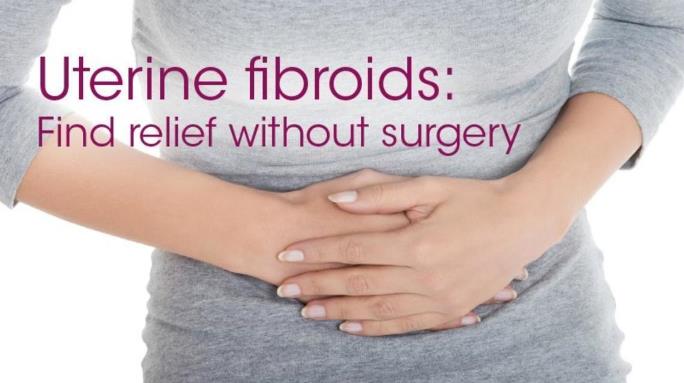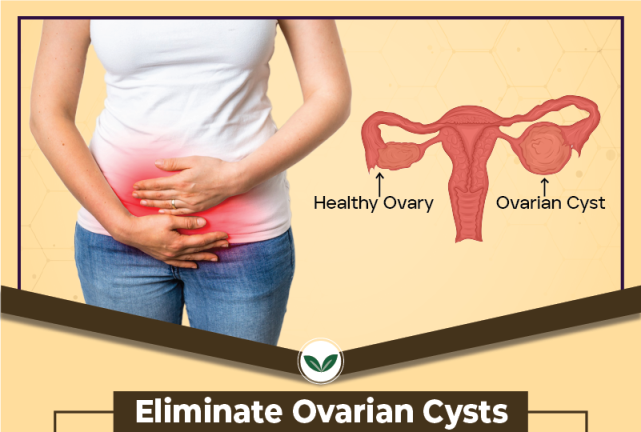UG-1 Keshav Complex Near Lekhraj Metro Station Indira Nagar Lucknow,UP
Female Problems
PCOD or PCOS is a condition that affects women’s ovaries, the reproductive organs that produce progesterone and estrogen hormones that help in regulating the menstrual cycle and also produce small amount of hormones inhibin, relaxin, and male hormones called androgens.
Symptoms
- Irregular menstruation (Oligomenorrhea)
- Heavy menstrual bleeding (Menorrhagia)
- Hair loss (hair on the scalp gets thinner and fall out)
- Skin darkening (Neck, in the groin, and under the breasts)
Herbal treatment
An ancient Indian holistic healing system, developed over 3,000 years ago, emphasizes that wellness and health are achieved through a balance between mind, body, and spirit. It is one of the world’s oldest holistic practices.
Following a diagnosis of polycystic ovary syndrome (PCOS), some women may explore traditional Indian medicine. Continue reading to learn more about traditional Indian treatments for PCOS and the existing research on their effectiveness.

Uterine fibroids
Uterine fibroids are noncancerous growths of the uterus that often appear during childbearing years. Also called leiomyomas (lie-o-my-O-muhs) or myomas, uterine fibroids aren't associated with an increased risk of uterine cancer and almost never develop into cancer. Many women have uterine fibroids sometime during their lives. But you might not know you have uterine fibroids because they often cause no symptoms. Your doctor may discover fibroids incidentally during a pelvic exam or prenatal ultrasound.
Symptoms
In women who have symptoms, the most common signs and symptoms of uterine fibroids include:
- Heavy menstrual bleeding
- Menstrual periods lasting more than a week
- Pelvic pressure or pain
- Frequent urination
- Difficulty emptying the bladder
- Constipation
- Backache or leg pains
Rarely, a fibroid can cause acute pain when it outgrows its blood supply, and begins to die.
Herbal treatment
Traditional Indian medical concepts consider uterine fibroids as encapsulated intrauterine growths. The symptoms resemble menorrhagia ('pradara'). Treatment focuses on reducing menorrhagia symptoms and addressing the fibroid itself, based on the principle of cause and effect. Addressing the effects is believed to impact the underlying causes. Observations suggest fibroids can reduce to half their size within six months of treatment and potentially disappear entirely afterward.

Leucorrhea Diseases
Leukorrhea or (leucorrhoea British English), also known as fluor albus, is a thick, whitish, yellowish or greenish vaginal discharge. It has also been referred to as "the whites". There are many causes of leukorrhea, the usual one being estrogen imbalance. The amount of discharge may increase due to vaginal infection, and it may disappear and reappear from time to time. This discharge can keep occurring for years, in which case it becomes more yellow and strong-smelling. It is usually a non-pathological symptom secondary to inflammatory conditions of the vagina or cervix.
Symptoms
- Breathlessness
- Headache and Giddiness
- Indigestion
- Paleness
- Anorexia
- Pain in menstruation
- General weakness
- Polyuria
- Pain & heaviness in lower abdomen
- Constipation
- Anaemia
- Local soreness
- Lumbago
- Malaise
- Pruritus
Herbal treatment
Traditional Indian medical approaches offer treatments for Leucorrhoea, encompassing both internal medications and external therapies.
Internal Medicines
- Ashokarishtha
- Chandanasav
- Pradarantakrasa
- Trivang Bhasma
- Pushyanug Churna
- Bola Parpati

Ovarian cysts
Ovarian cysts are sacs, usually filled with fluid, in an ovary or on its surface. Females have two ovaries. One ovary is located on each side of the uterus.Ovarian cysts are common. Most of the time, you have little or no discomfort, and the cysts are harmless. Most cysts go away without treatment within a few months.
Symptoms
Most ovarian cysts cause no symptoms and go away on their own. But a large ovarian cyst can cause:
- Pelvic pain that may come and go. You may feel a dull ache or a sharp pain in the area below your bellybutton toward one side.
- Fullness, pressure or heaviness in your belly (abdomen).
- Bloating.
Herbal treatment
A holistic form of alternative medicine can be effective in treating ovarian cysts. This approach generally has minimal side effects and is suitable for women of all ages. Treatments involve lifestyle and dietary changes, along with herbal remedies that aim to balance hormones and improve ovarian function.

Breast cysts
Breast cysts are fluid-filled sacs inside the breast. They are usually noncancerous (benign). You may have one or multiple breast cysts. A breast cyst often feels like a grape or a water-filled balloon, but sometimes a breast cyst feels firm.
Breast cysts don't require treatment unless a cyst is large and painful or uncomfortable. In that case, draining the fluid from a breast cyst can ease symptoms.
Although breast cysts can be found in women of any age, they're more common in women before menopause, typically under age 50. But they can be found in women of any age. Breast cysts also commonly occur in postmenopausal women who take hormone therapy.
Symptoms
Breast cysts may be found in one or both breasts. Signs and symptoms of a breast cyst include:
- A smooth, easily movable round or oval lump that may have smooth edges — which typically, though not always, indicates it's benign
- Nipple discharge that may be clear, yellow, straw colored or dark brown
- Breast pain or tenderness in the area of the breast lump
- An increase in breast lump size and breast tenderness just before your period
- A decrease in breast lump size and resolution of other symptoms after your period
Herbal treatment
- Include foods, which are well supplied with vitamin D in your diet. Researches show that women with less amount of vitamin D in their bodies are more likely to develop breast cancer. Consider including foods like eggs, orange juice, dairy products and fish like salmon in your diet.
- Drink more of green tea as it has anti cancer properties.
- Exercises like walking, yoga, meditation and certain breast exercises can help you to relax the pain sensation, reduce stress and also get cured.
- Certain herbs, such as Ashwagandha, tulsi, and curcumin, have demonstrated properties that may affect cancer cells.
Due to the challenges associated with breast cancer survival rates, it is crucial to consult with a qualified healthcare professional if considering traditional Indian medical approaches.


